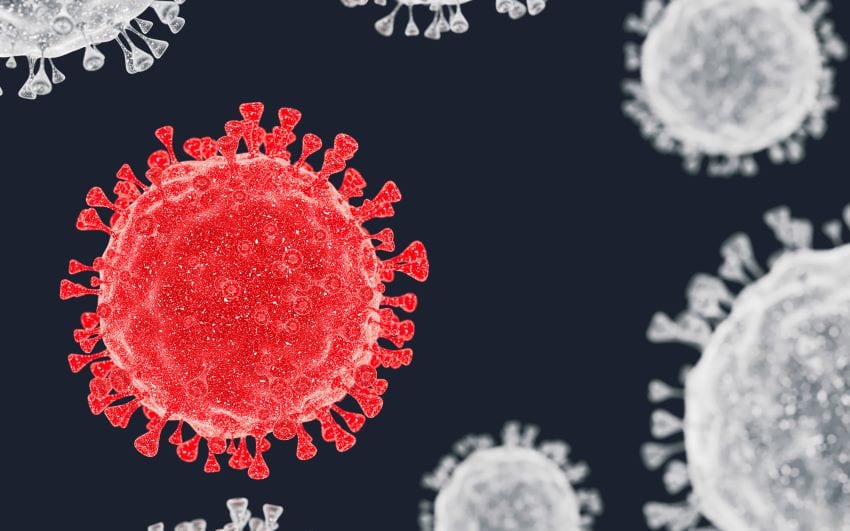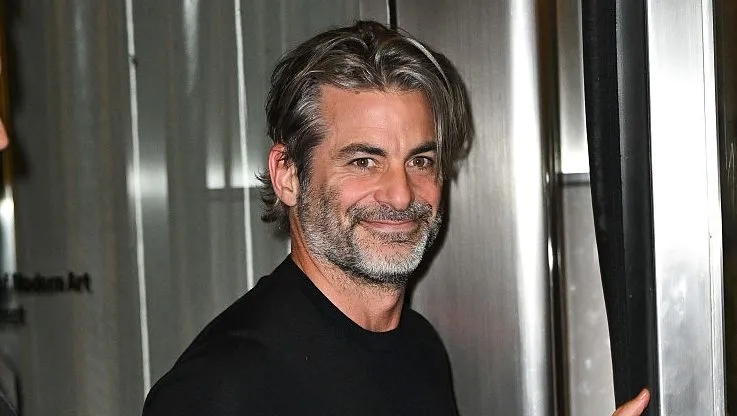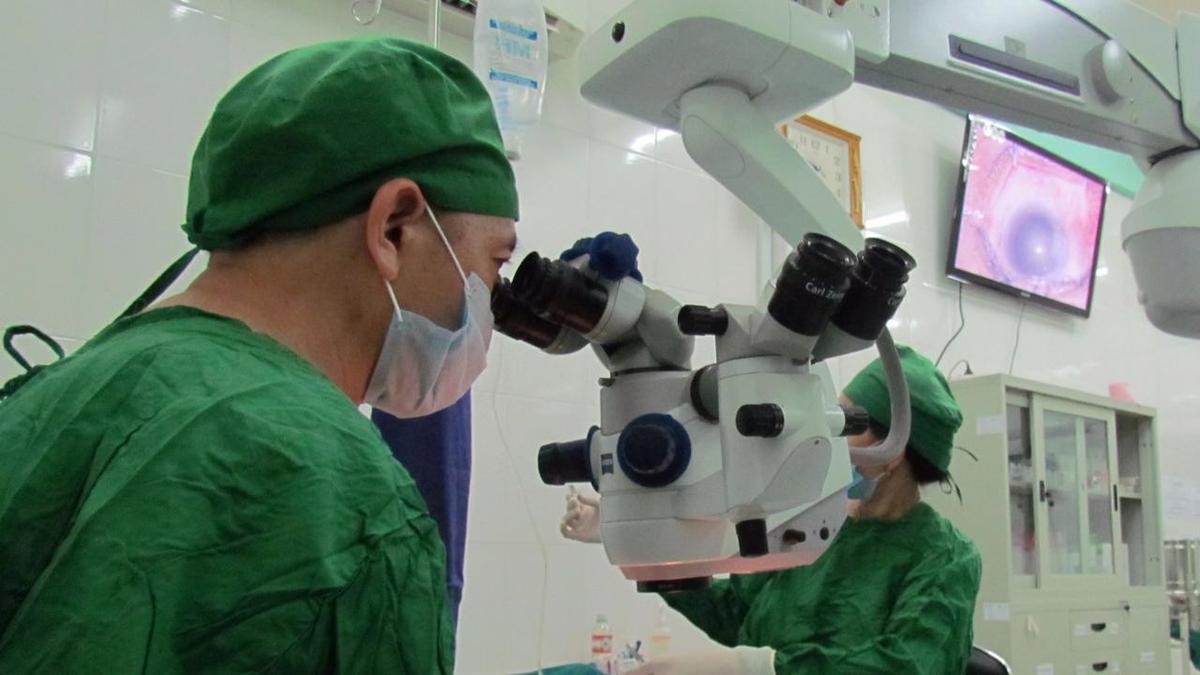Copyright bajanreporter

Now that the proverbial dust has settled and honours distributed, we should identify lessons we could learn to behave better when the next pandemic happens. It was a terrifying time dealing with an unknown and deadly threat. National leaders had to make rapid decisions to protect their residents, including closing national borders and restricting the movements of people within their countries. No-one should be faulted for erring on the side of caution. Our first COVID-19 case was in March 2020. Barbados took an aggressive ‘No Retreat, No Surrender’ approach. It worked. By mid-December 2020 with the most deadly strains around, we had 7 COVID-19 deaths compared to the global toll of 5.3 million. Barbadians were united against a common enemy called COVID-19 because the Government managed this phase of the pandemic well, by issuing and enforcing clear sanitary protocols. VAXXED AND UNVAXXED. Once injections became available in April 2021, we entered the second phase of the pandemic. The approach this time was to divide Barbadians into Vaxxed and unVaxxed groups. People of all: ethnicities, religions, ages, sexes and political views comprised both groups. What separated the groups was the amount of information each needed to convince them to get injected. The Vaxxed asked questions like, “will it hurt?” and were satisfied with the Government’s response of, “you afraid of a little juck?” The unVaxxed asked questions like, “is it safe?” and were unconvinced with the Government’s response that the newly developed mRNA and DNA type injections were the same as what Barbadians were given as children. That led to further questions – which have not been answered to this day. THE FIRST WAVE. Persons were first kindly requested to get injected. Once many had, they were allowed to oppress the unVaxxed. The first wave of oppression was financial. During that time the unVaxxed were: (i) denied work opportunities, (ii) threatened with employment termination and (iii) lost opportunities for career advancement. I was not given two contracts for the stated reason that I was unVaxxed. The second wave was emotional – and it was unrelenting. The unVaxxed were accused of: (i) being unChristian for not getting the injection, (ii) not caring about Barbadian children who were too young to be vaccinated and (iii) being likely to give COVID-19 to their elderly relatives and be the cause of their premature deaths. Many Barbadians could not bear that emotional toll. VACCINE-HESITANT AND ANTI-VAXXERS. When fewer people were coming forward to get injected, the Government divided those unVaxxed into: (i) the redeemable vaccine-hesitant who could be persuaded to get injected and (ii) the irredeemable anti-Vaxxers who spread misinformation and disinformation and should not be trusted. Family members were encouraged to work on their vaccine-hesitant relatives – and beware of the questioning anti-vaxxers. Jesus said a divided house cannot stand. We became divided during the vaccine-phase, when the less harmful COVID-19 variants were spreading. We recorded over 90% of our COVID-19 deaths (over 500) while divided. COVID-19 was called “the pandemic of the unvaccinated”. CBC would broadcast the daily numbers of sick and dead every night. After reading the number of deaths, the presenter would solemnly state, “and they were all”, then pause for dramatic effect, look directly into the camera and announce, “unvaccinated.” When more vaccinated persons started dying from COVID-19, the vaccination-status of the dead stopped being broadcasted. LESSONS LEARNT. I am confident that everyone agrees that the vaccination phase of the pandemic could have been managed better. Therefore, the Ministry of Health & Wellness should invite an evidence-based discussion, not to apportion blame, but to plan to do better next time. Some unVaxxed persons may feel angry that those who seemed to take delight in oppressing them should suffer no consequences – not even blame for loss of work and emotional distress. But we must forgive. Not only is it good for our emotional and mental health, not forgiving disqualifies us from after-life employment – which is the work that counts.



